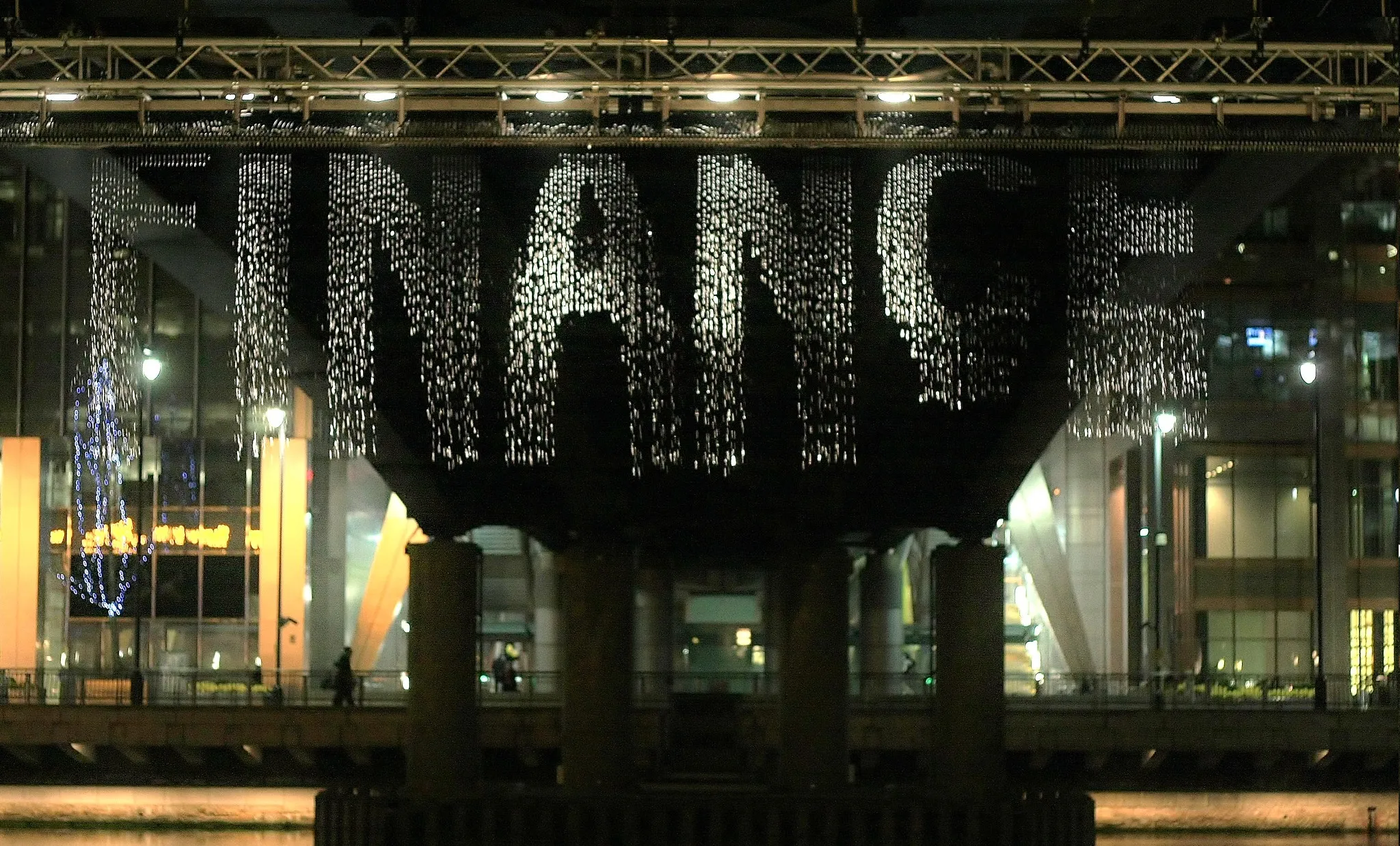Towards a More Integrated Approach to Lobbying and Political Finance Regulation in the EU

Lobbying and the giving of donations to political parties are viewed as integral to a democratic process, providing alternative means of political participation for many corporate actors, interest groups, among others (International IDEA 2020, 2022). While lobbying and political donations are closely intertwined in their intentions to influence policy discourse and outcomes, they are often subject to separate and siloed regulations. The recent development in the European Union (EU) highlights that it is crucial to look at both issues in a more comprehensive and integrated manner. In this context, two key revisions to this discourse should be considered by EU policymakers; i) make data on donations available in a systematic and easy-to-process format and ii) link information on donations with data on lobbying.
Corporate Donations to the European Political Parties and Political Foundations
European political parties and political foundations are increasingly important actors for party politics at the EU level. Their funding is subject to the Regulation No 1141/2014 (further amended by Regulations 2018/673 and 2019/493) and oversight of their activities by the Authority for European Political Parties and Associated Foundations (AEPPAF). A closer assessment reveals that approximately 50 per cent of total donations to political parties and foundations in the EU in 2008-2019 came from interest groups such as law firms, public affairs offices, professional associations, and companies; 24 per cent of all donations came exclusively from business interests (Figure 1). Furthermore, approximately 33 per cent of donations were made by private individuals. Under the current regulations, establishing whether any relationship between private citizens and organized interests exists is close to impossible. For example, data is not routinely collected on the profile of an individual donor, for example whether a donor is the CEO of a company with significant business interests of leverage over a particular public policy field. Recognizing informal, or an indirect, relationship between individual and private interests, could expose a higher percentage of business donations than the current data reveals.
Figure 1: Total amount of donations given by different types of donors in 2008-2019

Note: Regulation 1141/2014 came into force in 2017. Party budgets assessed for data collection primarily under
the previous Regulation [(EC) 2004/2003, amended in 2007]; donations greater than 500 euros were reported eponymously.
Corporate donations to the European political parties and foundations can be viewed in connection with intensified business lobbying at the EU level (Katsaitis 2018, 2020). The number of registered interest groups has doubled over the last 10 years (JTR 2020). The EU interest group population, its capabilities and degree of sophistication have been progressively increasing over the last 20 years (Coen, Katsaitis and Vannoni 2021). Beyond the European Commission, Members of the European Parliament (MEPs), EU political groups and European national political parties, as well as their associated foundations have become an integral part of most businesses’ lobbying strategies. In this context, lobbying and political financing in Brussels have been, and continue to be, targeted at similar political actors. Improving the regulation of corporate political activities requires the specific issues to be addressed in an integrated manner. Two key measures are proposed: (i) providing information on donations in a more systematic and transparent manner; and (ii) linking data on lobbying with data on political financing.
Connecting Political Finance with Lobbying for better transparency
Under the EU’s current regulatory framework on political finance, donations from legal persons (i.e. companies) and donations from natural persons of more than EUR 3,000 have to be disclosed, and donations above EUR 1,500 of natural persons also have to be disclosed if the person in question has provided prior written consent. Moreover, each party’s budget is reviewed by an independent auditor and approved party budgets are uploaded to the Authority’s webpage. This sequence makes party budgets and donors’ identity part of the public domain, shedding light into the money that enters EU politics and policymaking. However, availability of information is not the same as transparency. Information on party budgets and donations is not provided in a systematic format. Parties submit a list of their donors’ names and addresses together with the combined budget. This information is neither easy to trace nor available to process digitally; budgets are provided as pdf files or as scanned copies. Retrieving data on donations requires a careful assessment of each individual budget, some knowledge of EU party accounting practices, and a significant amount of time. Providing information on party financing, including donations in a systematic and easy-to-process format would considerably improve transparency of EU political party political finance data. This would mean making parties' budget and donation details available in CSV files and providing descriptive information in graphic format which is easy-to-understand for non-experts.
Linking the regulation of political financing with lobbying would bridge the space between two overlapping areas of interest group activities. The Joint Transparency Register (JTR) is a database where organizations wishing to lobby EU policymakers must register and provide details about their lobbying activities. Registered organizations must also agree to lobby according to a specific Code of Conduct. In its simplest form, linking political finance data with lobbying would require organizations donating to EU parties to also register with the JTR. For purposes of cross-referencing, their unique JTR identity should be hyperlinked within the party’s donor list. In addition, the JTR should add an additional line of information where interest groups also report financial contributions to EU level political parties and foundations. Finally, the JTR’s code of conduct could be updated to include concerns linked to political financing.
The way forward
Lobbying, corporate donations and other forms of corporate political activities in the EU are constantly evolving, faced by increasing public demands for better transparency, political accountability and democratic legitimacy. For example, there has been a global drive for companies to assume more corporate political responsibility (CPR) through disclosing lobbying expenditures and their mobilization over legislative processes. To seize this opportunity, EU policymakers are encouraged to consider a more integrated approach to regulating political finance and lobbying through multi-stakeholder consultations that involve lobbying regulators, political financing oversight agencies, civil society organizations and business stakeholders among others.





